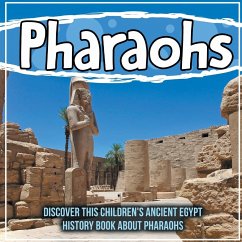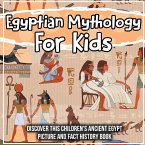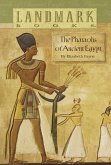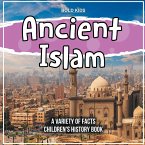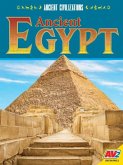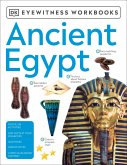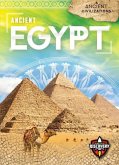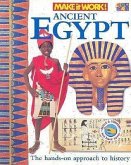If you're looking for interesting facts about the Egyptian pharaohs, read this book. It's full of fascinating information for young historians, and the details will really capture your child's attention. The pharaohs of Egypt are famous for their beautiful art and fascinating architecture. However, you might be surprised to know that not all of them were as impressive as they seem.In ancient Egypt, there were 225 Pharaohs, and each of them had different roles. For example, they spent considerable amounts of time planning their burials. As soon as a new pharaoh came to power, construction of the pyramid began. Old and Middle Kingdom pharaohs were buried in pyramids, while the New Kingdom kings were buried in secret tombs in the Valley of the Kings.Ancient Egyptians carved well-wishes onto the tombs of their pharaohs. This tradition preserved their bodies for the afterlife. It took around 70 days. The pharaoh's body was first cleaned and some of its organs removed. The pharaoh's name was written on the tomb in hieroglyphs, which are the symbols used for writing.During the Old Kingdom, pharaohs were believed to be living gods, or like-gods. They were the highest ranking members of the government and were the ones who spoke on behalf of the people. Their power was absolute, and they were respected and obeyed. Their reigns were short and lasted only two decades, and they changed hands many times. They were regarded as incarnations of the gods, such as Horus. During the Middle Kingdom, they stopped thinking of themselves as living gods and started to view themselves as mortal humans.

